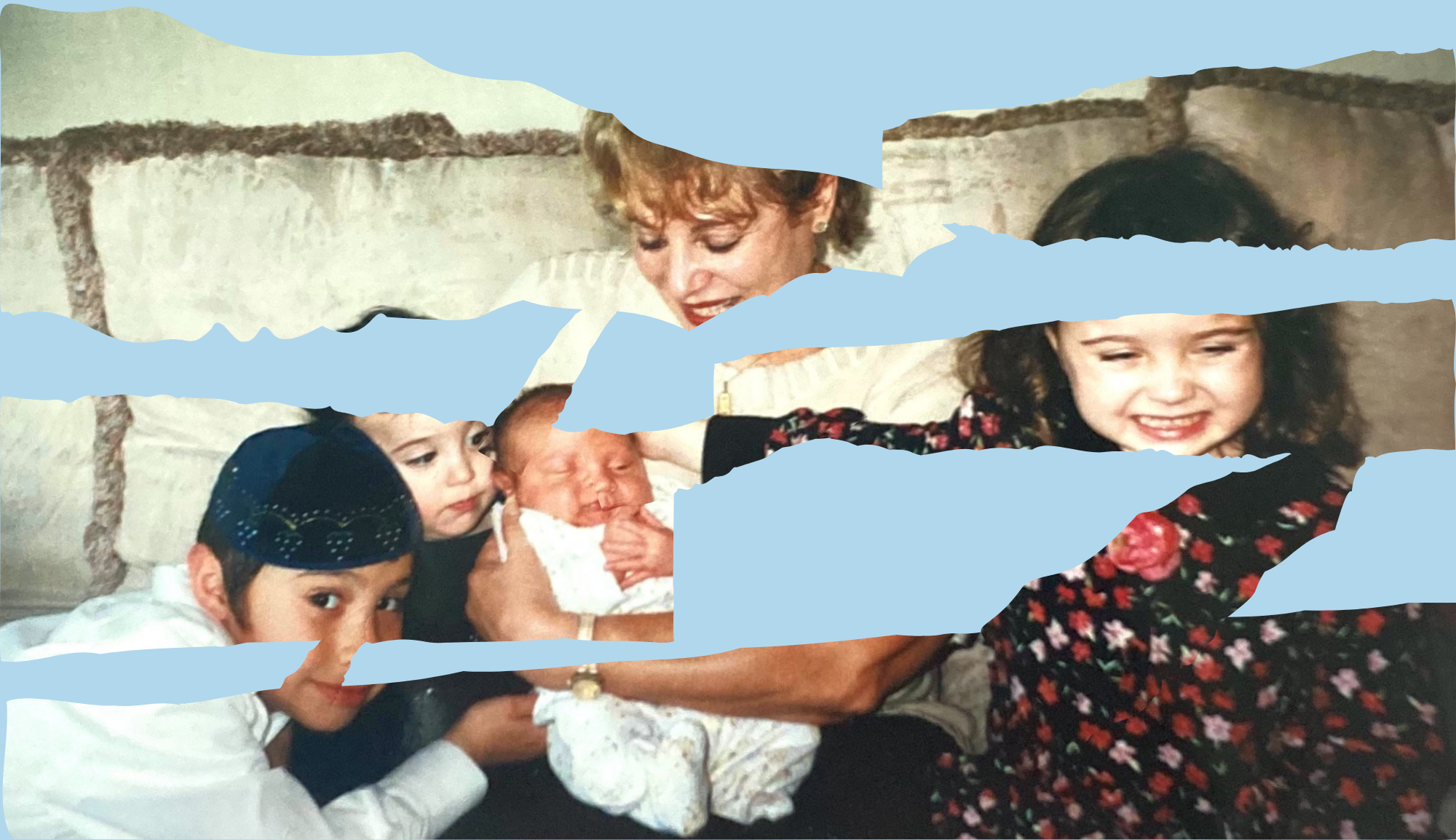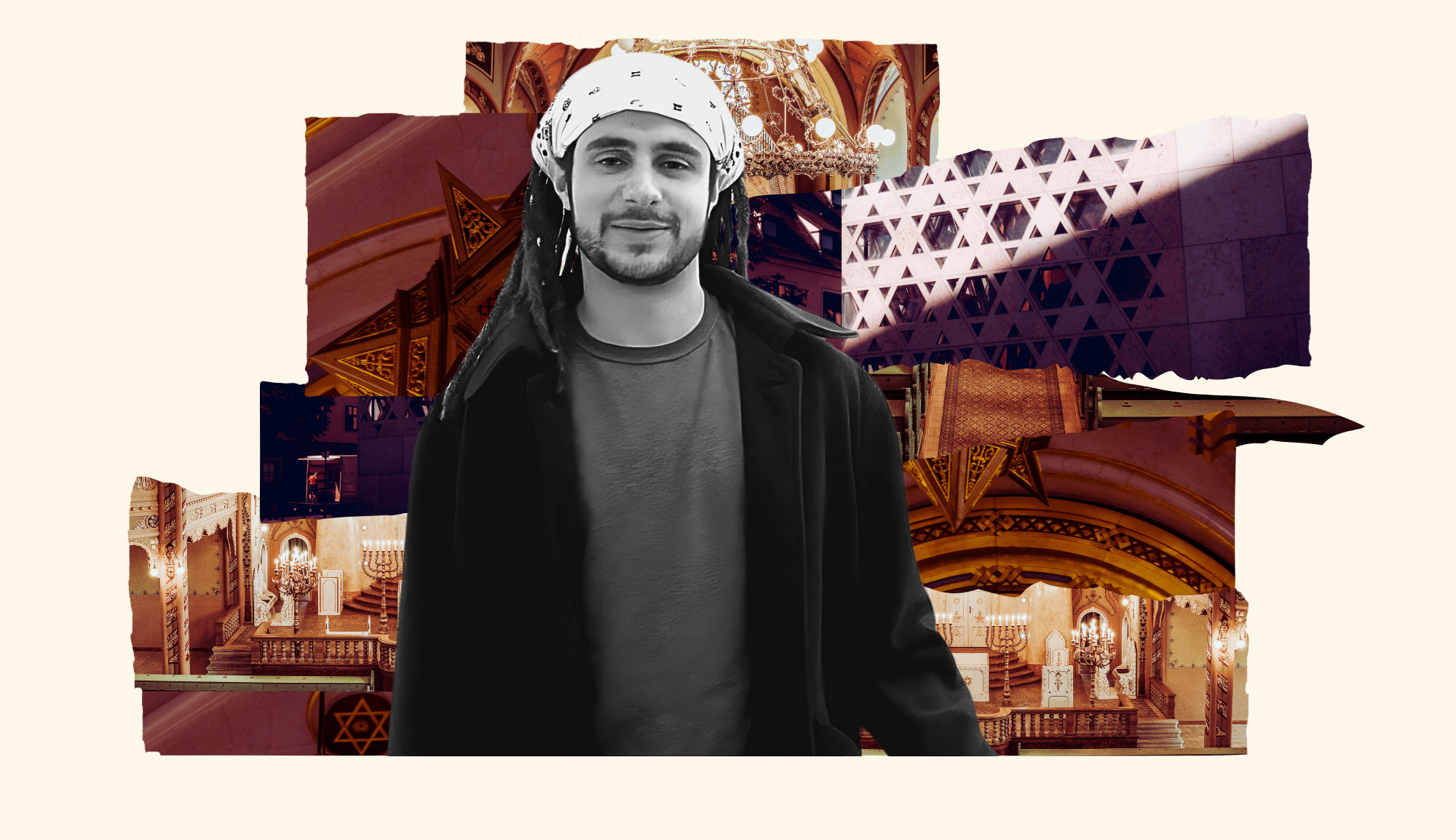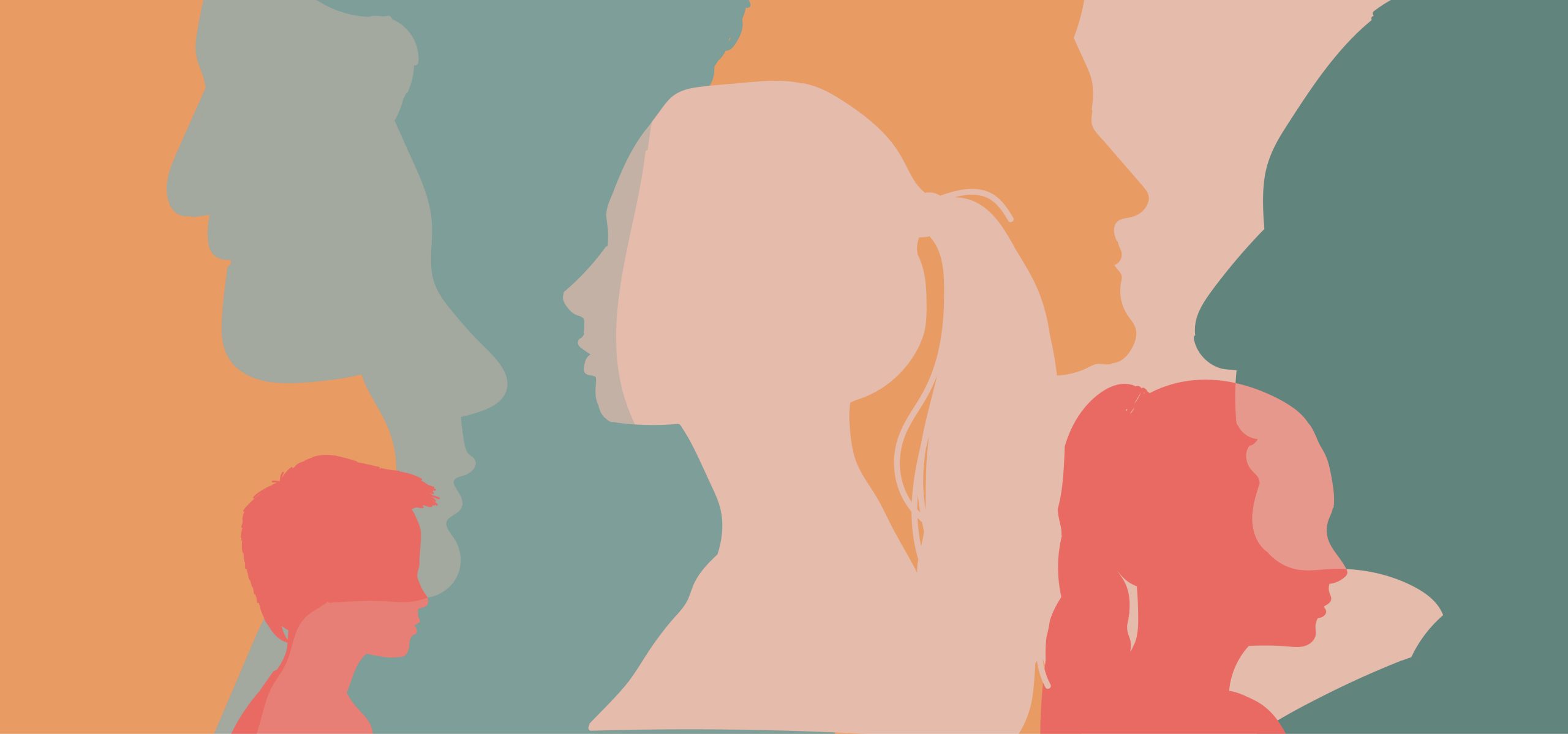Shabbos afternoons in my childhood home were accompanied by tea and sprinkled cookies—“tea parties,” my mom called them, instead of “Shabbos parties.” Once, when I was seven, my grandmother joined us for those delectable treats, and I remember how my family enjoyed it so deeply. And then suddenly, in the midst of it all, my sweet, beautiful grandmother said her goodbyes and hopped into a taxi. To the airport. To catch her flight. On Shabbos.
That was the first time I remember feeling some sort of religious tension, wondering how my perfect grandmother could do something I was always told was wrong.
I grew up in an Orthodox Jewish community and was raised by ba’alei teshuva parents. Like many of my parents’ generation who were chozer be-teshuva, as Israelis term it, mine came to Torah observance later in life as young professionals. But my parents never called themselves Orthodox, instead opting for “observant” in an attempt to frame their massive life changes as a cohesive progression from their backgrounds.
While I, too, find Torah and observance beautiful, the road to integrating the different parts of my Jewish identity has been difficult. I have always felt like a wandering Jew in search of a community capable of encompassing my complexity. To this day, as a 29-year-old teacher in Jerusalem, I have only ever felt spiritually at home here in Israel, where I’ve lived for several years. My upbringing was always muddled between denominations—and I struggled to reconcile it. Israel showed me that I didn’t need to.
My Judaism and I Could Not Belong
As a kid, I loved davening, learning Tanach, and understanding our traditions in school; I also loved visiting my Conservative grandmother in the Chicago suburbs (where my father is from) and my secular grandparents and cousins in rural Wisconsin (where my mother grew up). I somehow innately knew that these were all separate worlds. I always tried to picture a community comfortable and welcoming enough to fit all my cousins, grandparents, family, and friends. But that fantasy only lived in my mind. Wherever I was never felt like home because it excluded someone I loved, as if they didn’t belong.
My Orthodox friends insisted on joining my family’s annual summer trips, but I couldn’t imagine bringing them to my grandparents’ small town. My family did our best—kashering the lake house kitchen and bringing kosher cheeses and meats—but I knew the environment would be entirely foreign to my friends. And I couldn’t fathom my Reform cousins attending my Jewish day school. They wouldn’t know what to do, not even for one day. I felt lucky to have Torah in my life but guilty for wondering if my family’s practice invalidated my extended family’s. It bothered me that “right and wrong” was painted as black and white. These were not just theoretical ideas but real-world practices that drew divisions in my family. My somewhat paradoxically expansive world also felt isolating to the many parts of my Jewishness. I firmly connected to our shared peoplehood, and yet there are so many differences, both culturally and in practice.
I often felt this dichotomy between home and school life, too. My mother recently shared with me that once after carpool drop-off, she walked in to see where I was going and what I was experiencing all day. She remembered how strange it felt, seeing all the little girls in pleated uniform skirts and shirts, realizing my environment was entirely unfamiliar to her. Between my home and school, there were cultural differences in how the teachers and my parents spoke and dressed. There were subtle variations in what was valued, and there were a lot of invisible rules I had to figure out on my own. Homework was stressful when I needed help; my parents used to joke that they could try, but it would probably take 30 minutes just to find the perek and pasuk I was learning.
Family gatherings highlighted these tensions, too. My family always brought our own food, and my siblings and I would awkwardly eye each other on how strange we felt carrying around a sandwich in a Ziploc bag at a fancy event. It was not necessarily the mitzvot themselves that felt harsh but their subtly divisive effects. I have tremendous gratitude for my Jewish education—my connection with Torah, our traditions, our peoplehood. The Orthodox community’s halachic commitment ensures its continuance, and I understand and respect all it achieves as stewards of this unbreakable mesorah.
But.
The reality is that my family has a chain, too. It looks like the story of the Jewish People, a generations-long tug-of-war between the paradox of practical survival and a strong connection to the Divine. Our chain is beautiful, too. I struggled to find peace in any specific community to contain me. As I went through the system—Modern Orthodox elementary and middle school followed by Bais Yaakov high school and seminary—I wanted to understand different kinds of communities less for their theology than for the diversity of Jews and Jewish experiences. More than anything, I wanted to feel that I could take all of me, all parts of my Jewish identity, and feel that I belonged.
Peace, and Home, in the Land
When I came to Israel in my mid-twenties, it truly felt like coming home. I had a deep spiritual sense that the land could hold these conflicting experiences that I had carried around for so long. I breathed in the air—our people’s air—on the hills of the Jerusalem forest and in the small Israeli yishuvim, and I exhaled more fully than I ever could in America. I found home at the Kotel, in Jerusalem cafes, and on the busy street corners of Tel Aviv. And I found, and feel, a peace there that can only be described as miraculous.
In Israel I experienced what I had always longed for: a unified people. All those Diaspora-melded barriers between Jewish movements melted away. So much of my spiritual longing has been, and continues to be, finding wholeness within my splintered nation. I feel this fragmentation intensely because my own Jewish identity has been shattered, again and again, by all the different groups and movements. I understand now that my upbringing highlighted so many painful aspects of being a Jew in exile.
One of my first Shabbat dinners in Jerusalem with Jews of all different backgrounds felt so simple and freeing, sitting alongside Jews of all observances, listening to Kiddush, sharing the Friday night ritual together. At the night’s end, some Jews left in taxis as I walked home on foot, but it didn’t create tension in the same way as I felt in America. Our differences remained, but with Israel as our backdrop, they felt less painful. We lived in a society where observance level and practice did not exist as the focus; no one was trying to integrate into secular society to survive or be part of an insular community to hold on to our traditions. Though navigating the world with different beliefs, we remained Jews in a Jewish country.
To me, Israel feels more real, more raw, than what we’ve created in America. While there are Diaspora communities that represent the broader Jewish world, that cannot compare to what I’ve experienced in Israel. In the Diaspora, communities are connected to a specific way of practicing, leaving little room for the core value of Jewish peoplehood. In Israel, the Jewish People are not “representatives of (insert various values of each denomination).” Jews simply exist, and it allows us to connect with our heritage without the need of self-classification. Israel is the only place where Judaism is about more than just maintaining our sacred traditions and preserving our nation. The strength of American Judaism is profound; I am often in awe of the Torah learning, of the power of various Jewish institutions and organizations. And while I respect the denominations, I do not feel inextricably linked to them—not the way I do toward building the Jewish society of Israel. Only in a Jewish state of our own can such an aim be achieved.
There is often discussion around Israel’s different sects of Jews and their lack of camaraderie, to say the least. I understand there are harsh differences between the beliefs and practices of Jews in Israel, but their relationship with their Jewishness—with or without identification with a certain group—allows for a colorful yet unified nation. I am always blown away by the deep connection to their Jewish identities for which they didn’t have to work: their seamless relationship with their Jewishness, and the way living in a Jewish society makes it possible. It is a privilege I never knew existed and also one that I longed for my entire life.
I recognize the very real differences in the ways Jews believe, dream, and practice. I know it because I lived it. And yet, in Israel it feels secondary because the backdrop is the beating heart and soul that is our country; we are building a Jewish society. The division in America is out of necessity. It exists out of a very real desire to survive and continue their Jewishness, and that may look different for different kinds of Jews: modern integration for some, strong, insular communities for others. These have all been good attempts, and I feel connected to them all in different ways. But they all leave a gaping hole. It is gaping because as they contribute to our survival, they simultaneously disconnect us from our brothers and sisters.
My hope for our nation is that we tap into our Jewish souls that are above the division; they do not know of movements or denominations. At its best, Israeli society gives us a taste of that magic, of what it would be like to truly be one. Perhaps it is our mission now, in these challenging and historic times, to do the impossible—to stop waiting for miracles but to instead be the miracle. To see beyond the differences, to build bridges between one another, and to transcend them all.





































